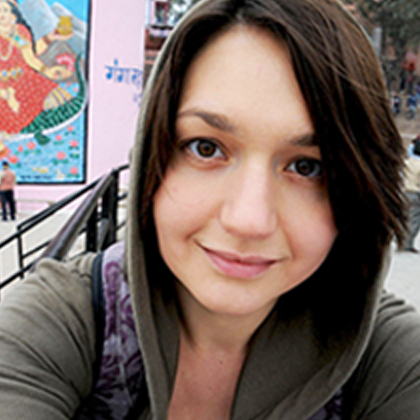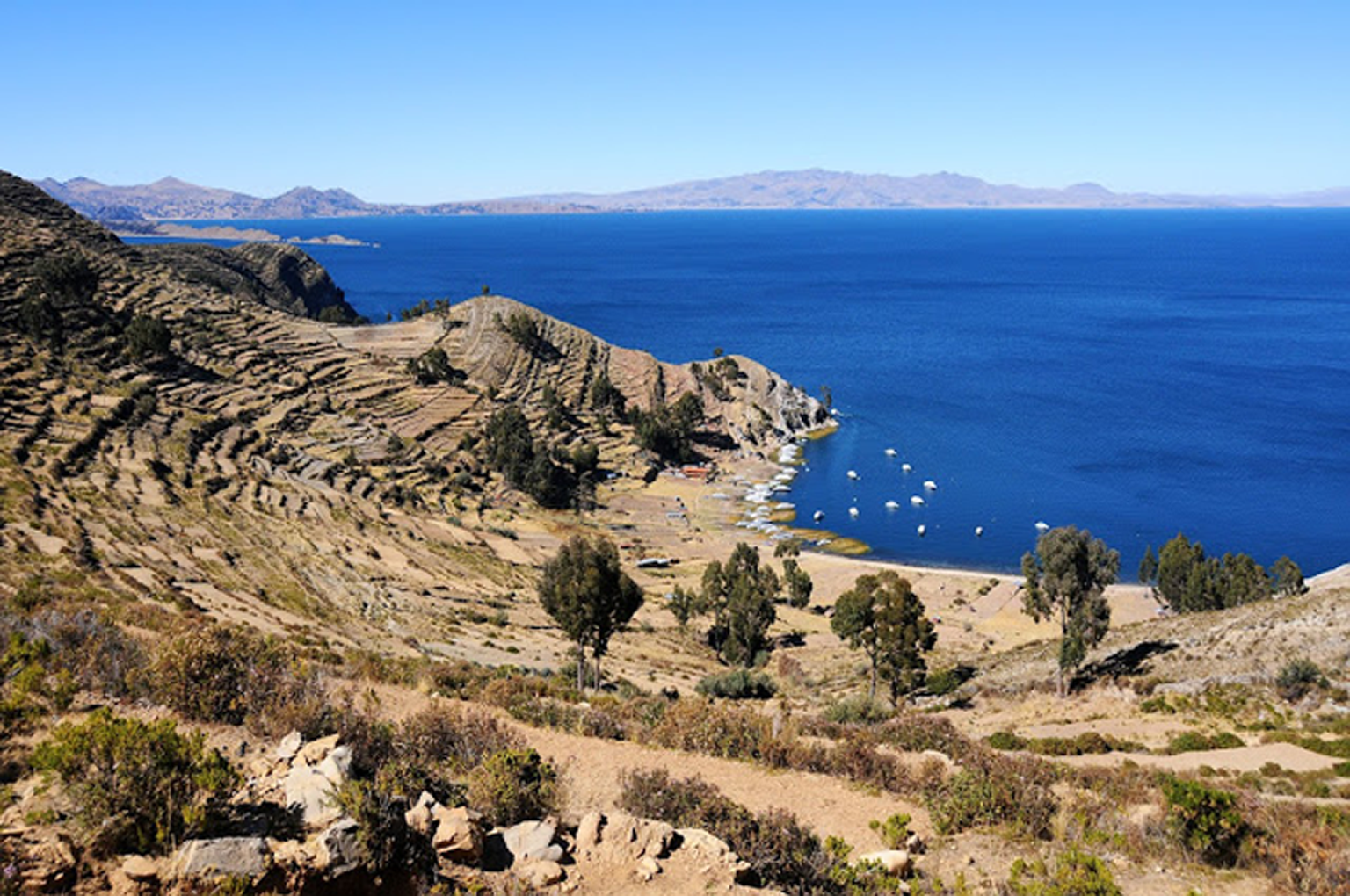- Posted by:
- anjci
- Under:
- Everyday musings
As many of you know, I typically present myself as a “Russian Latvian”. I was born in Latvia of Russian-speaking parents, of whom my mother is a pure-blooded Russian and father is an explosive Lithuanian/Polish mix. I was consequently raised in Latvia, attended a Russian-speaking school there, and hold a Latvian citizenship. What does that all make me?
Having struggled to answer this question for years, I thought I could at least try and characterise my controversial nationality under a few broad topics below.
Self-reference. When I am in Latvia, I have to go as a Russian. There is no other way, as I would meet widespread misunderstanding trying to break into the circles of “true” Latvians – especially with an offensively non-Latvian surname like mine. The old-style Latvian passports even used to have a mandatory nationality entry, where I had no choice but to quote “Russian”. Thankfully, “Russian” in Latvian language (“Krieviete”) looks nothing like “Russian” in most other languages, and my ethnic confidentiality was therefore honoured – at least abroad. New Latvian passports have optional entry of nationality, which I have embraced but some hardcore minorities do still exploit to preserve that little bit of Russian-ness in addition to the (much cherished) ticket to the EU.
On the other hand, when I am abroad, I am most certainly not a Russian – again, in an attempt to avoid potential misunderstanding. Saying I am Russian in a place like the UK would chuck me into a multitude of citizens of Russian Federation proper, which would be grossly incorrect. Saying I am Latvian would represent the reality better, but would then leave me with a pinch of deep-rooted shame towards my parents – who spent years trying to convince me I was Russian and still haven’t quite recovered from my non-acknowledgement of the fact. The classic answer I give is therefore “I am from Latvia”, which is void of nationalistically loaded adjectives altogether.
Language. Russian is my mother tongue and the language I use to communicate with my parents and extended family. It is also the language I find most comfortable using out of a list of languages I claim to speak with varying extent of non-proficiency. I will probably scream in Russian when in extreme pain (such as labour), and speak Russian to my children. All that supposedly makes me a Russian. At the same time, I spend most of my time speaking and thinking in English, see my dreams in English and nightmares in German, use Finnish swearwords during spells of rage, talk to my computer in a mixture of Swedish and Greek, use Latvian in everyday affairs on my infrequent visits to Latvia, and currently listen to songs performed predominantly in Serbian and Croatian. One would only conclude that the language criterion is a little blurred there.
Religion. I was baptised in a Russian Orthodox Church centuries ago, but have since attended Russian Orthodox services a mere handful of times; as a tourist or guiding other tourists. I spent a good part of my life actively engaged in Anglican Church activities – including running a Soup Kitchen project, organising children’s nativity plays, teaching at Sunday School and serving as an acolyte. On top of that, I have sung in Episcopal and Roman Catholic choirs, led Presbyterian summer camps, and even tried out a certain charismatic congregation in Latvia. If I were to marry a Catholic or Protestant boy who felt strongly about his religion, I would abandon my Orthodox stamp in no time. The story goes on; I am most certainly not Russian here. Neither am I a classic Latvian Protestant Lutheran or, in case of our Latgale region, Roman Catholic. In short, religion does not seem to provide the answer.
National symbols. I would rather have myself buried alive than associated with any of the Russian national memorabilia. There is a mini Latvian flag scotch-taped to my work computer and an enlarged version in my London flat, which I reveal on important national occasions. I have had Latvian national anthem on my ipod for years. The only liking I hold for its Russian counterpart is closely associated with the tune, which is that of the former anthem of the USSR. However strong the nostalgic aspect, the lyrics, “Glory be, the country! We are proud of you!”, leave me utterly indifferent, if not a little irritated by this insult to Lenin’s precious memory. While my extensive flag collection also includes Finland, Ireland, Scotland, UK, ex-Yugoslavia and USSR, and my 80-Gb ipod features national songs of all of the above plus Greece – the verdict here is definitely Latvian.
Sports. I am passionate about Latvian national ice hockey team no matter how bad they are (three years ago they lost 0-11 to Canada – on their home grounds), but have never supported Russia in any sports. Neither does my passion for Latvia cover anything else besides ice hockey. Instead, I have a history of rather unstable country preferences in winter sports (where Germany was perhaps the strongest at some distant point in time) and always support Brits and Serbs in tennis. My favourite spectator sport after ice hockey is football, where my passions change with the direction of the wind. For the next FIFA World Cup, I have a strong fear of losing my voice on “Lijepa Li Si”, which I would never do for Latvia or Russia. The conclusion would be a slight tendency towards Latvia.
Music. I have equal disrespect for modern music scene of Latvia and Russia (the former a bunch of drinking songs and the latter all long-legged and big-boobed). As far as non-mainstream music is concerned, I admire Latvian opera singers – many of whom are world-class masters – and Russian classical composers, with which the country has truly been blessed. When listening to Tchaikovsky’s Overture from “1812”, I even feel a certain pride to be associated with Russians. But then again, I could never miss taking credit for beating the French. Result: neither Latvian nor Russian.
Other nations. Sometimes one’s nationality can be determined from their attitude towards other nations. For example, Latvians have this tearfully sweet intimacy with Lithuanians, whom they even call “brothers” many a time. I concur. Lithuanians are definitely brothers, which makes me a Latvian. At the same time, Serbs are absolutely brothers, too, which does not make me Latvian at all. I guess in this situation, I qualify as both Latvian and Russian.
Summarising all of the above, I remain undecided. It may be that this inability to put myself under any national umbrella is exactly the origin of my endless country crushes: https://anjci.com/me-and-my-country-obsessions/. I don’t have a clear-cut national identity – and my feeling is that I will spend quite a while looking for it.











anjci says:
October 29, 2013 at 11:20 am
A Latvian married to a Croat? : ) How lucky, you can spend a lifetime exploring the (multifacet) national identity of the Balkan folk. Novelu visu gaisaku!
Anonymous says:
June 19, 2013 at 7:36 pm
Paldies
Hvala
Thank you
Looking for my own identity as a pure blooded Latvian, married to a Croat 🙂
This made me at least smile 😀
Comments are closed.